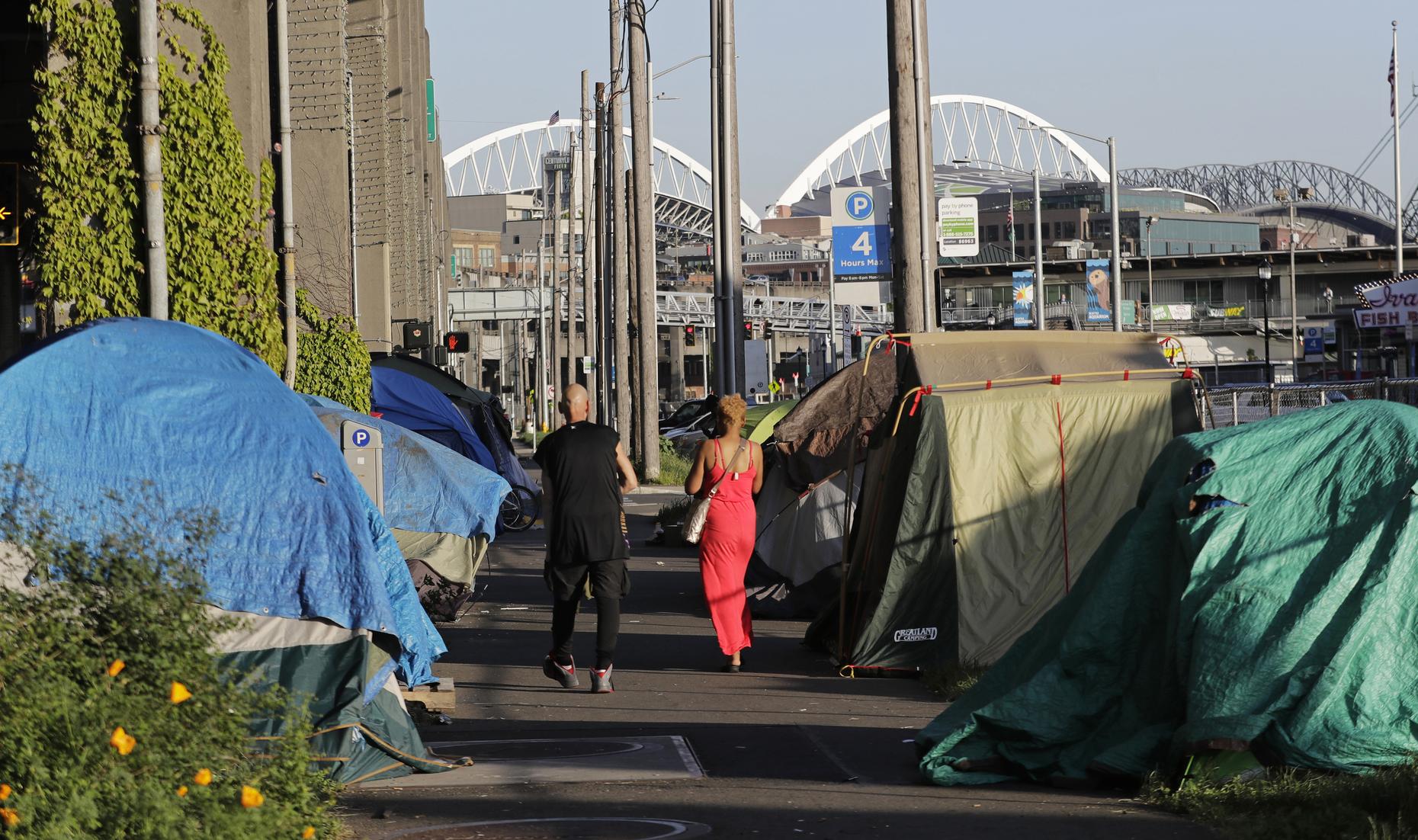wardorican
Well-known member
Offline

How Local and Federal Policies are Criminalizing Homelessness | The Takeaway | WNYC Studios
Homelessness is on the rise throughout the country, and so is its criminalization.
A recent Supreme Court decision upheld a lower federal court's ruling on civil rights for people experiencing homelessness. The Trump administration has assigned a new "homelessness czar." And President Trump is mulling over an executive order that may empower local police to get rid of homeless encampments.
Against the backdrop of all these developments at the federal level, there has been a trend of cities passing ordinances that criminalize homelessness.
The National Law Center on Homelessness and Poverty tracked 187 cities and their laws, and found that 72 percent of them have at least one law restricting camping in public. The Law Center also documented that a person experiencing homelessness is up to 11 times more likely to be arrested than a housed person.
To help us make sense of all this, The Takeaway is joined by two guests:
Will James, a reporter with KNKX in Seattle, Washington.
And Sara Rankin, the director of the Homeless Rights Advocacy Project at Seattle University School of Law.
So, why are we seeing a rise in homelessness? Basically, a rise in rents, especially in the west coast. Wages are high, economy is booming, but it is too expensive. Also substance abuse, and childhood traumas, but the reality is rising rents and high competition for limited housing stock. They get into sheltered homelessness (couch surfing, staying with friends or family) vs unsheltered homelessness.
They talk about their views of Martin V Boise and the SCOTUS not hearing it, as well as Trump's "homelessness czar", who Sara doesn't seem to have a high opinion of, but didn't seem to go for any attacks.
And some background.

Martin v. City of Boise - Harvard Law Review
When should judges protect the people, and when should they defer to them? In countless contentious cases, courts have split: majorities invalidate laws to...
 harvardlawreview.org
harvardlawreview.org